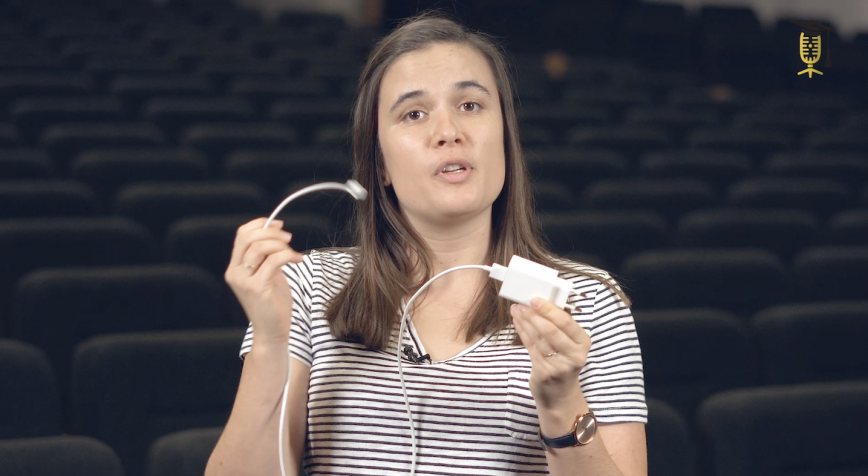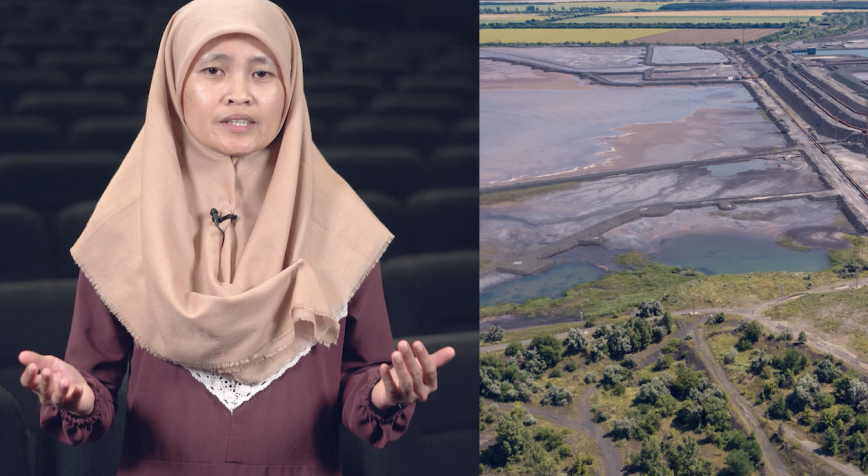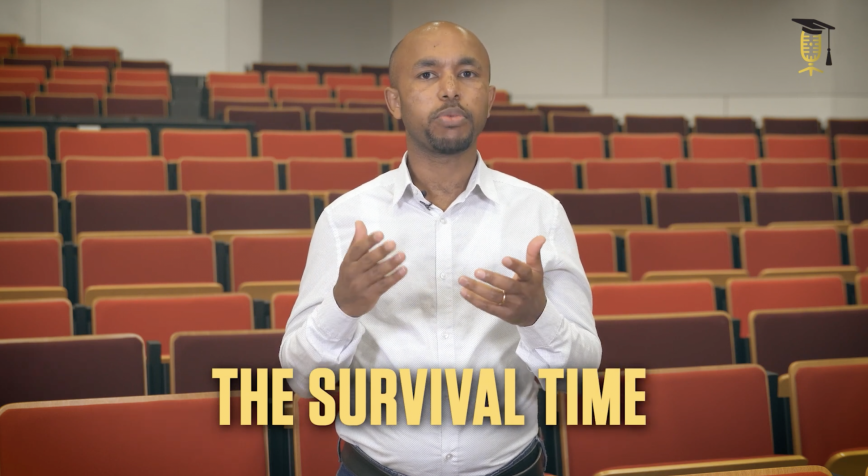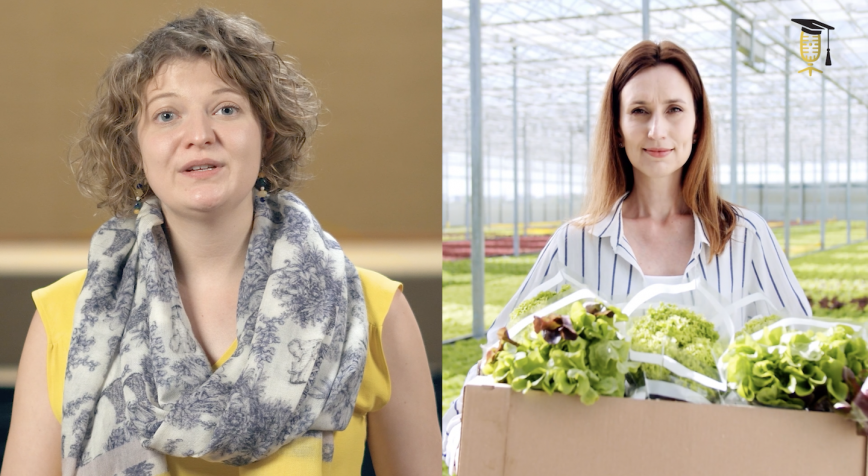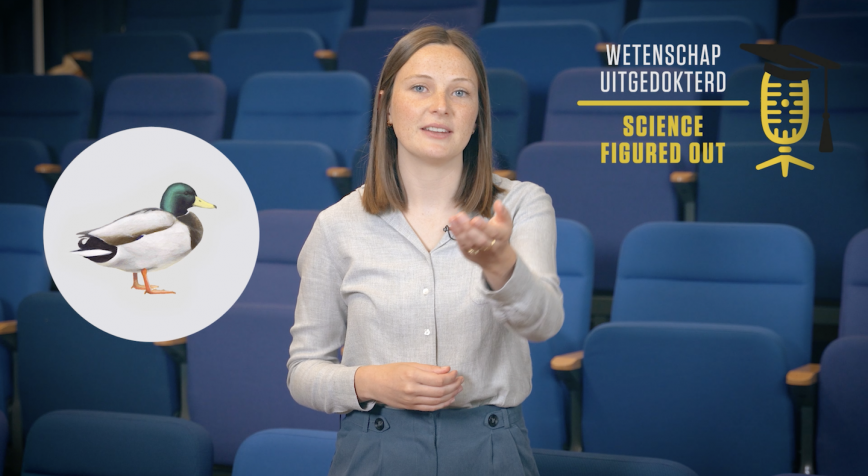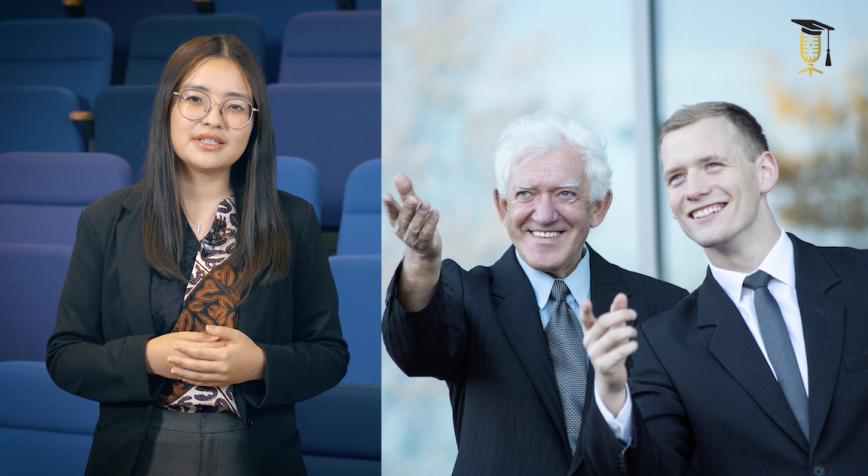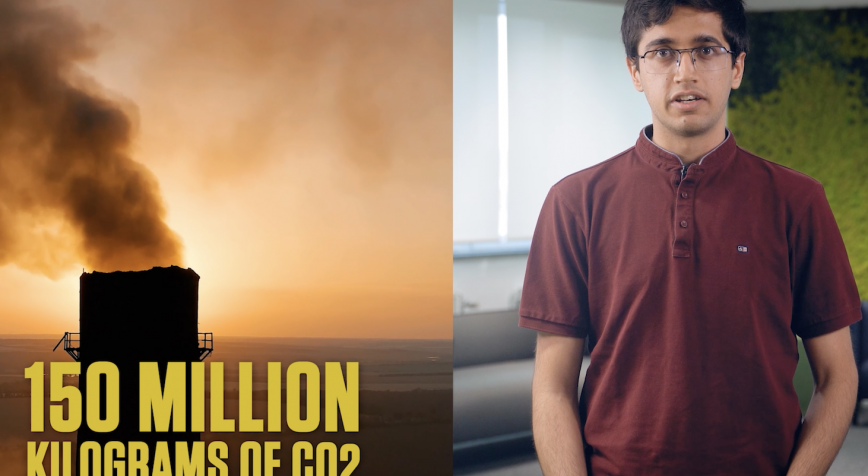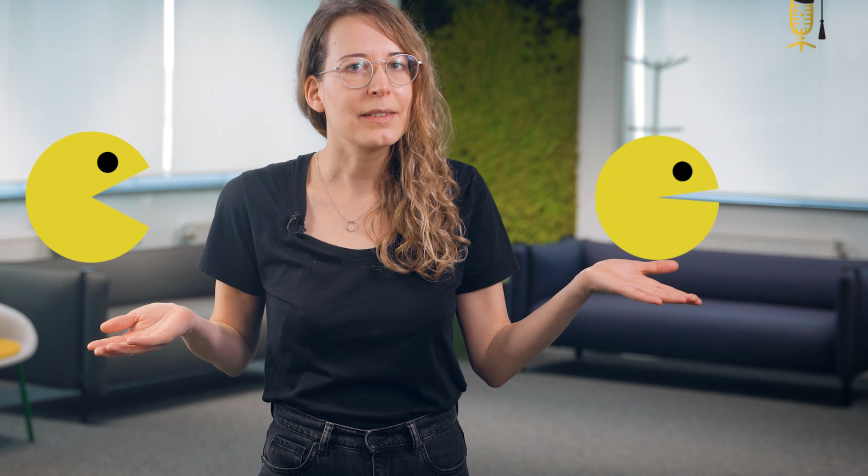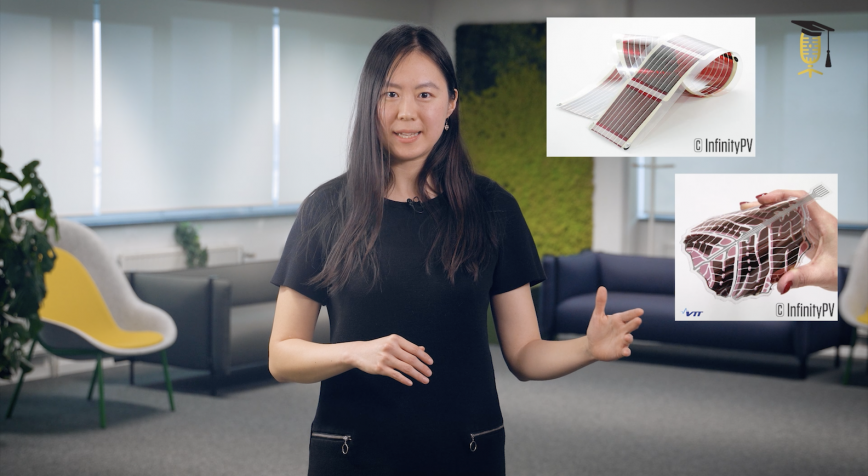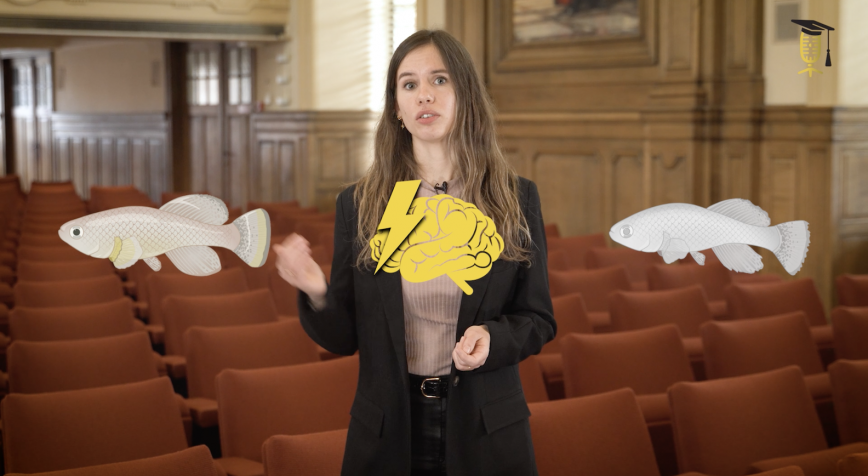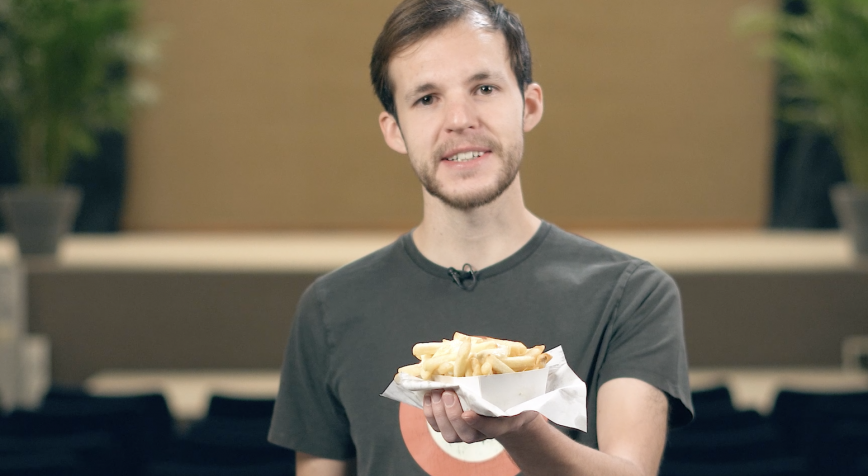
ILVO
KU Leuven
A peek under the peel of a potato
Making fries is something we Belgians are already very good at. But we can do even better, says Wout Vierbergen (ILVO - KU Leuven). He uses technology (Hyperspectral cameras! AI !) to detect black spots under the skin of a potato. In this way, he wants to help producers detect blistered potatoes so that they are left with only the finest ones to make our fries.
